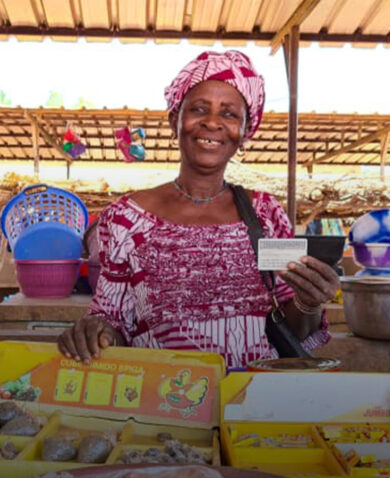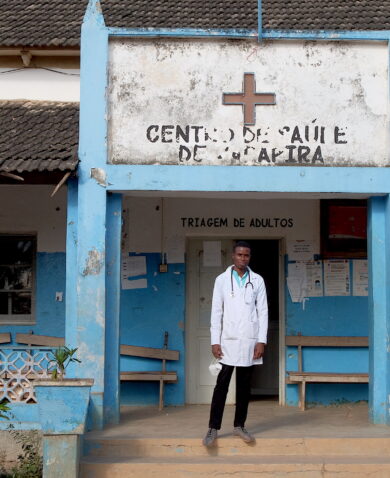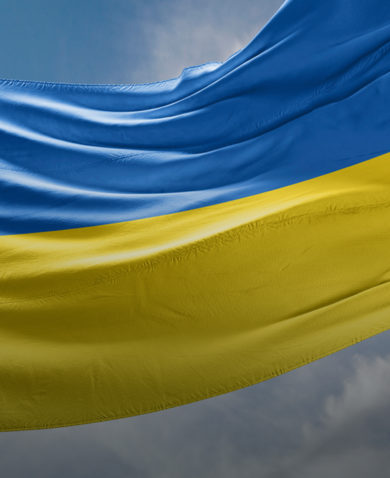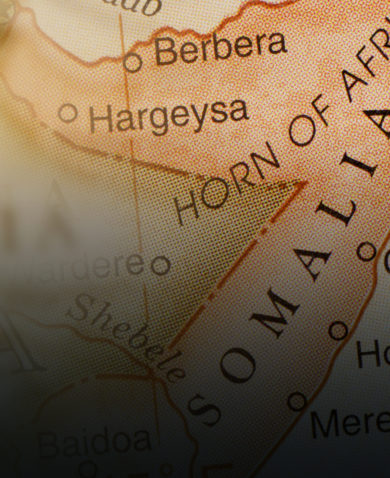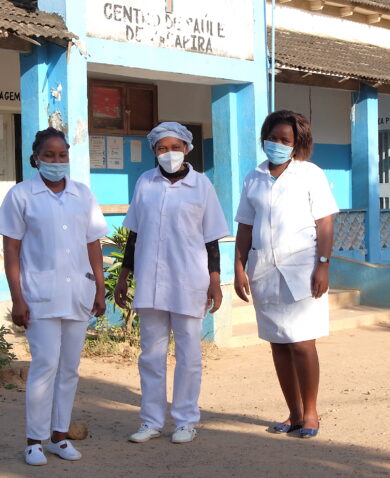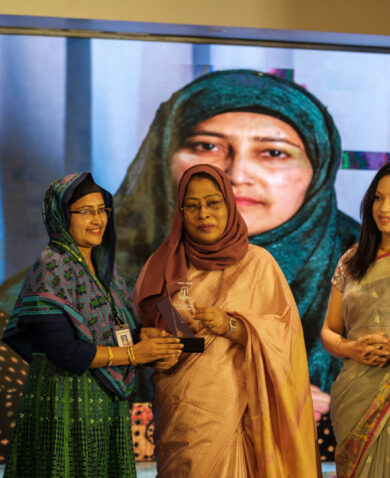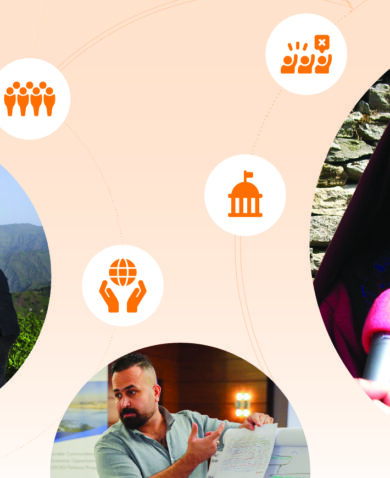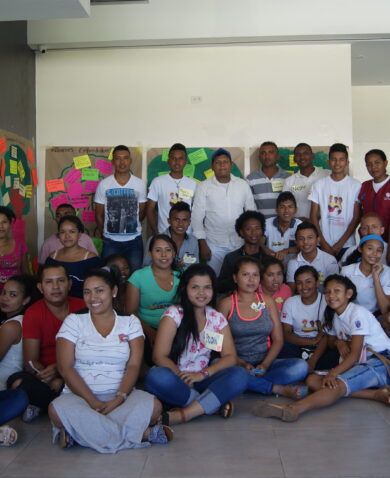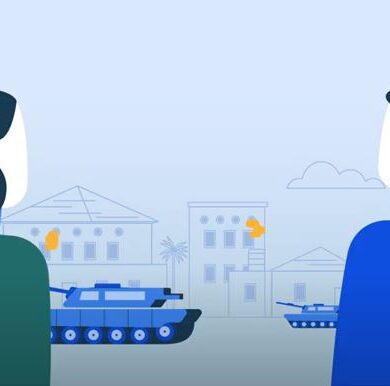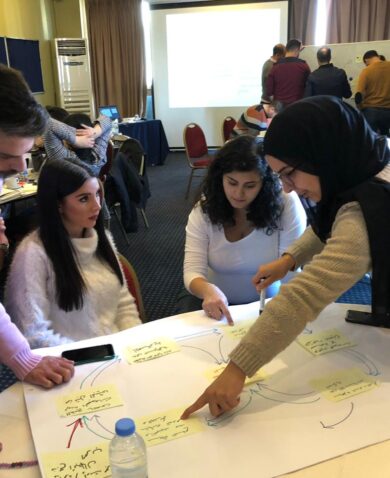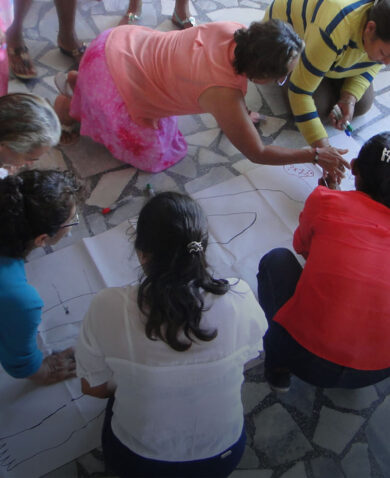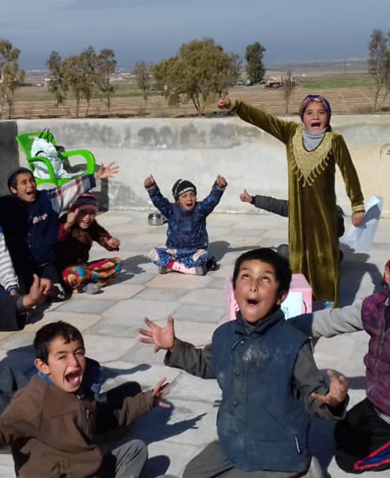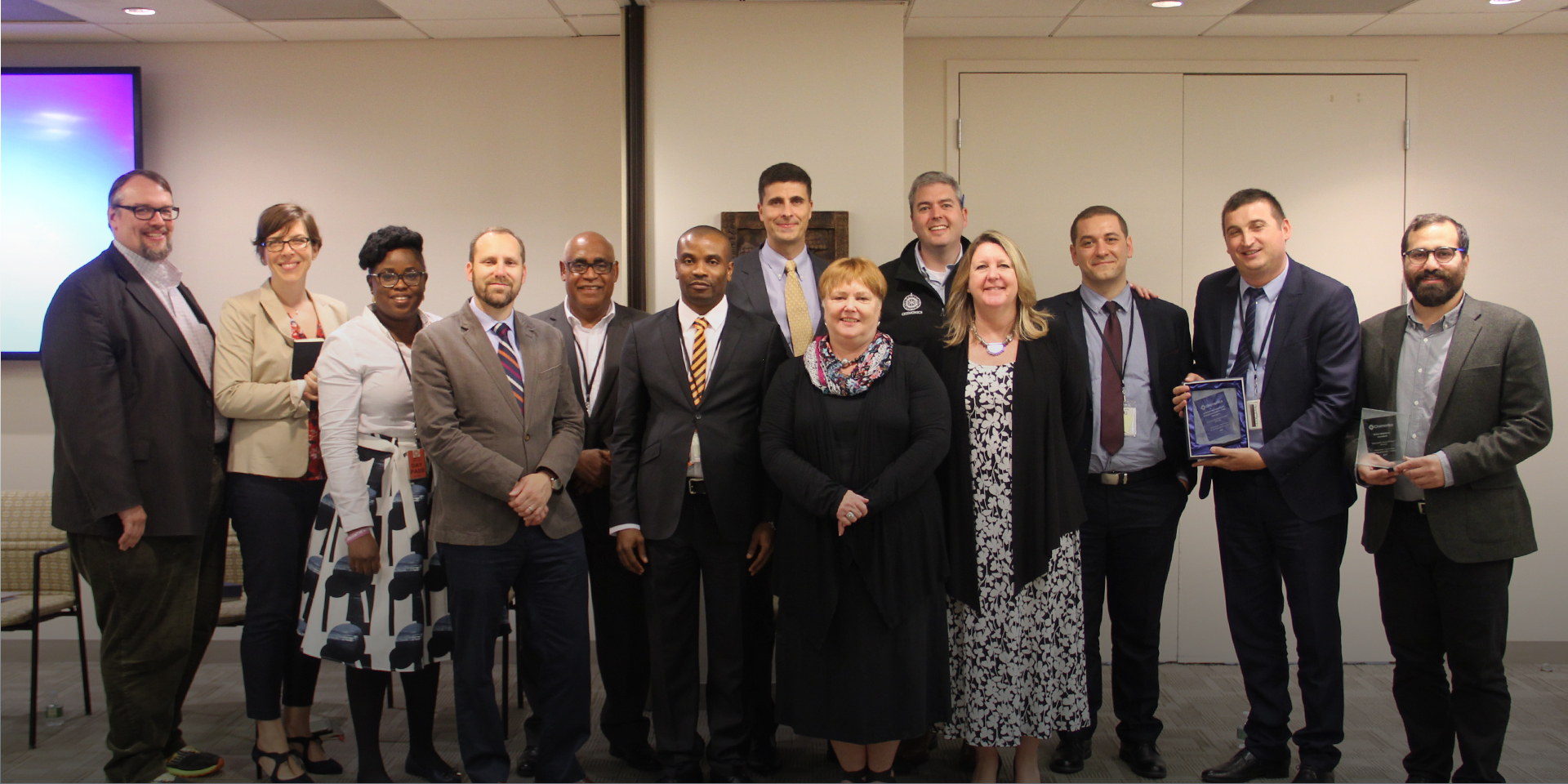
Chemonics News
News: Technology for Development (Tech4Dev) Contest
November 15, 2017 | 4 Minute ReadChemonics recently held its first Tech4Dev innovation contest, highlighting the incredible ways technology is used to amplify the impact of Chemonics’ projects worldwide. By fostering new approaches from its global workforce and drawing on its vast networks and expertise to drive innovation, Chemonics is developing better and more effective solutions to solve complex development challenges.
Chemonics’ staff submitted 38 contest entries from around the world, focusing on the use of technology to enhance existing projects’ results as well as identifying promising potential technology applications that have not yet been fully tested. Winners were chosen in two categories, through a combination of staff judges and votes cast by more than 600 employees from around the globe.
Two innovations tied for the “Successful Experiences” award:
- e-Law: Official Gazette Database and Mobile App, submitted by the Kosovo Partnerships for Development project
- Sentry: Civilian Protection Through Technology, submitted by the Syria Regional Program II
The award for “New Ideas” was given for a new concept or one that could have broader reach and scalability to other regions, projects, or applications. This award went to:
- Constrack: Using Technology to Improve Accountability for Constituents, submitted by the Nigeria Strengthening Advocacy and Citizen Engagement program
To enhance current and future Chemonics projects and benefit the wider development community, this inaugural contest aimed to connect peers and share ideas, document successful experiences using technology within Chemonics, and identify emerging technology applications for future testing.
Representatives from the three winning teams, including staff members and grantees, traveled to the United States to present their innovations to other staff at Chemonics’ office in Washington, D.C., on September 27, 2017. Chemonics’ President and CEO Susanna Mudge presented each winning team with an award to recognize their project’s hard work and efforts to increase development impact.
This innovation contest brought Chemonics’ global workforce together to discuss ideas for the future of development and enabled knowledge sharing across the company. Moving forward, it will help Chemonics continue to increase the impact of its work around the globe.
Here is an overview of each winner:
e-Law: The Official Gazette of Kosovo Online Database and Mobile App
The entry: Transparent legal frameworks that are easily accessible to citizens and businesses are essential to good governance and the rule of law. Following the end of war in 1999, this was not common practice for governmental institutions in Kosovo. The country lacked a centralized legal information database, requiring citizens and businesses to spend considerable time and energy searching for information.
Recognizing this gap, in July 2013 the Chemonics-implemented Business Enabling Environment Program (BEEP) launched the Official Gazette of Kosovo Online Database (OGDB), a free legal information database, to increase transparency surrounding the country’s legal framework and make laws more accessible. In July 2017, the Chemonics-implemented follow-on project to BEEP, Partnerships for Development (PFD), completed work with a local subcontractor to implement final upgrades to the OGDB to improve its usability and sustainability. Thanks to these upgrades, Kosovo now has an electronic and fully accessible database of all legal acts in force, available in five languages and on mobile devices through customized mobile applications.
Developing and improving the OGDB is a key element to future economic growth in Kosovo, because it provides legal certainty to companies and investors seeking to do business in the country; supports better policy development and decision-making; and provides significant cost and time savings to the government and private sector. The mobile applications allow users to access the OGDB at any time, from anywhere, and may be downloaded for Android and iOS mobile devices.
The project: PFD builds government institutions’ capacity to create a business environment that increases economic growth, to implement laws and reforms related to construction and spatial planning, and to improve public financial management.
Sentry: Civilian Protection Through Technology in Syria
The entry: It is estimated that more than 450,000 people were killed and 1.9 million wounded in Syria between 2011 and 2015. By 2016, 61 percent of civilian deaths in Syria were caused by airstrikes. In August 2016, Chemonics’ Syria Regional Program II (SRP II) partner Hala Systems introduced a new technology, Sentry, to warn civilians about incoming airstrikes. This innovative technology increases access to and accuracy of airstrike warnings using a low-tech approach that applies machine learning and leverages big data.
Although civilian spotters watch the skies day and night, previously there were not rapid or dependable warnings of imminent attacks. Warnings were transmitted via walkie-talkies, word-of-mouth, social media, and sirens. Based on a mobile phone app, Sentry technology gathers validated observations from human networks, processes them through a predictive algorithm, then rapidly distributes accurate, relevant warnings to civilians as fast as possible through traditional and social media outlets. Through this technology, civilians now have a consistent, dependable way to rapidly spread airstrike warnings, thus saving lives.
Franz Busse, chief technology officer at Hala Systems, said the award event was “a great opportunity for us to see the different areas where Chemonics is involved and better understand the scope and diversity of all it’s doing. It gave us insight into further areas where we can perhaps support other challenges around the world.”
The project: SRP II is working toward a moderate, stable, and inclusive Syria.
Constrack: Using Technology to Improve Accountability for Constituents in Nigeria
The entry: Chemonics’ Strengthening Advocacy and Civic Engagement (SACE) program in Nigeria is piloting the Constrack mobile app with Orderpaper.ng, a Nigerian organization. Constrack enables citizens to track execution of government-run ‘constituency projects’ to increase good governance and deepen democratic values in Nigeria.
In 1999, Nigeria became a democracy after years of military control. The National Assembly began using funds to address immediate development needs within their constituencies. Yet, over the years, constituency projects were undermined by corruption as well as a lack of transparency and accountability. These projects were sometimes used to funnel public funds into the pockets of assembly members, collaborators in various government institutions, and contractors. Challenges with these projects were further exacerbated by the absence of legislation regulating them.
Constrack is the first web-based platform in Nigeria that monitors constituency projects. With the app, citizens in three Nigerian states can interrogate and productively engage their representatives in the Senate, House of Representatives, and state houses of assembly across the country. After the one-year pilot, Chemonics will assess the potential for scaling up this innovation. This technology could be used across future, and even current, Chemonics projects, particularly those that promote project monitoring for accountability and transparency as well as citizens’ participation in governance and reducing corruption.
Jennifer Onyejekwe, a representative from the Constrack team, said the contest was “a motivational experience that both rewarded the success of the program and afforded us the opportunity to reflect and be inspired by others in our pursuit for excellence.”
The project: SACE works to support implementation of key democratic reforms in Nigeria by increasing the capacity of citizens across the country to be more involved in democratic reform processes.
This contest is one illustration of Chemonics’ efforts to foster innovation and increase our development impact. To learn more about this work, read here about Chemonics’ recent participation in USAID’s 2017 Global Innovation Week.












